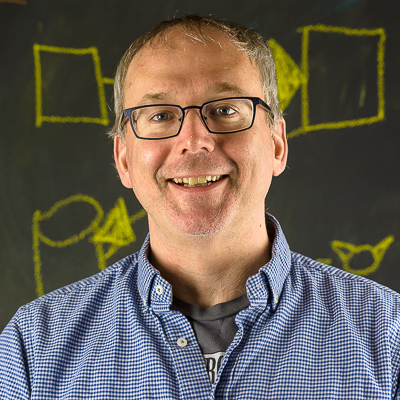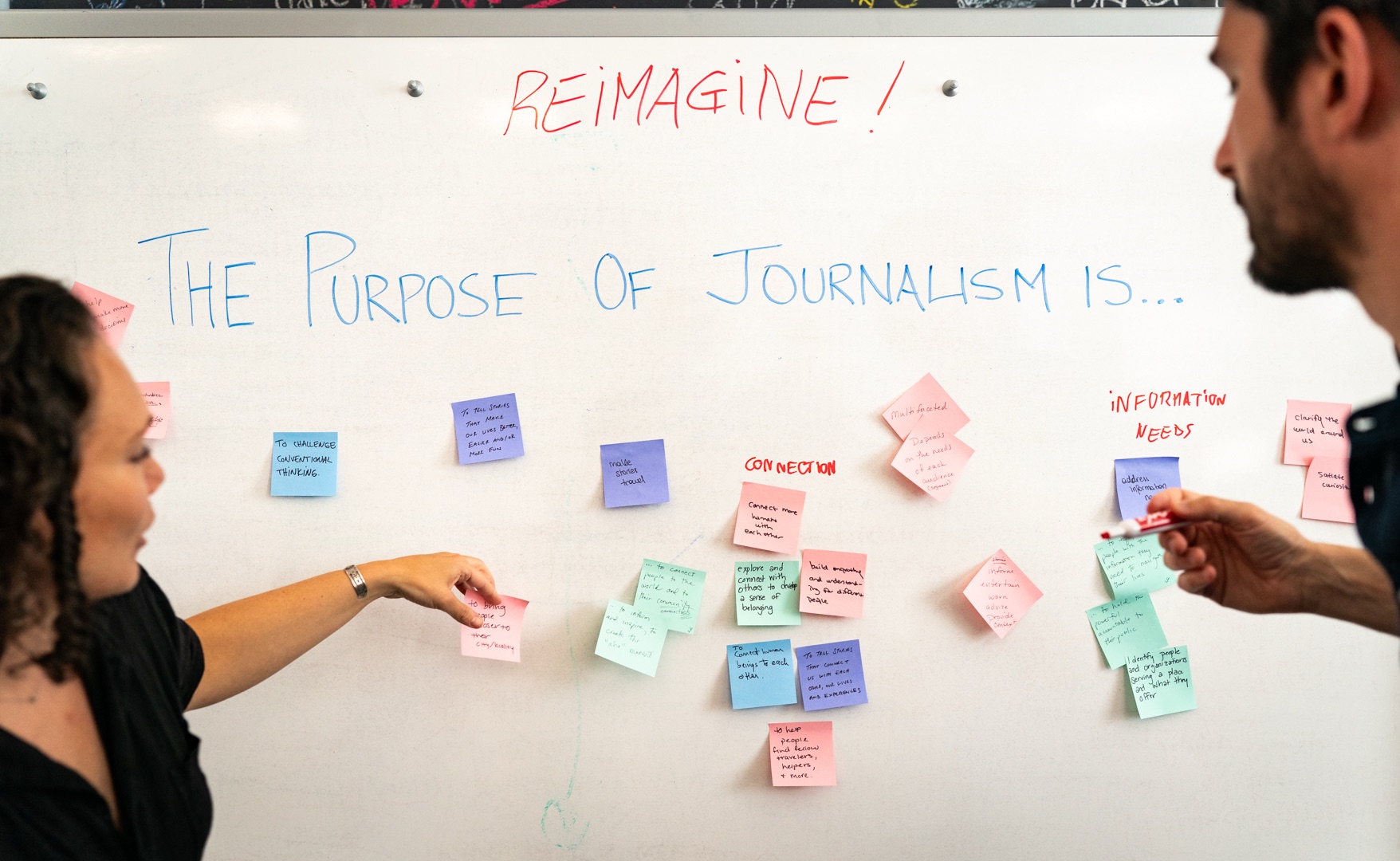 We wanted to take advantage of the great brains assembled at last week's News Foo event, so we proposed a panel to suss out "big questions in journalism" that the lab should tackle. As might be expected from an unconference, the conversation ranged a lot more widely than our official topic.
We wanted to take advantage of the great brains assembled at last week's News Foo event, so we proposed a panel to suss out "big questions in journalism" that the lab should tackle. As might be expected from an unconference, the conversation ranged a lot more widely than our official topic.
For starters, a number of folks had general questions about how the Lab works: Who are your stakeholders? Will your tools mostly be journalist-facing or audience facing? How will you know if you're getting it right?
We don't have all the answers at the moment, but we'll definitely answer these questions more with our actions than our words. From project to project, the specific audience may change, but any time the Lab builds software, we'll follow best practices in user-centered design and iterative open software development so that we can "fail fast" and correct accordingly.
In the course of the discussion, we encouraged people to bring us ideas in the future. This led to a good question about ownership of tools created in the Lab. Forgive another imprecise answer, but this one too comes down to "it depends." Northwestern University is accustomed to retaining intellectual property rights for software developed by its staff. The Knight Foundation is accustomed to steering its grantees to use free software licenses. So, the ownership conversation will be part of any development project.
We'll have a strong preference for openness, which pleases me as a developer with a decade of experience contributing to open source projects, but there may be cases where a different model is more appropriate. In any case, we'll make sure anyone who brings us ideas isn’t taken by surprise.
A thread of conversation arose around the idea of creating a "Journalist's Notebook," possibly in analogy to software for novelists, but perhaps even more ambitiously something which extracts facts, or even approximates a "corkboard which connects the strings for you." We talked about how some of these ideas are partly served by existing tools. (I think Document Cloud lead developer Ted Han wrote a feature ticket or two inspired by the conversation.) But also, textual analysis and information extraction plays directly to the intellectual foundations of Knight Lab faculty Larry Birnbaum and Kris Hammond.
A few people called for capacity and community building efforts. Can we make law more intelligible to journalists, or to the general public? After Unicorn Camp, can we put on a math camp for journalists? Can we produce guides—"lays of the land"—explaining best practices of working journalists? Can we convene journalists to eliminate redundant data processing, for example, with election and campaign finance data? (As an aside, kudos to the folks from the New York Times and Sunlight Foundation who are doing something like that already with federal legislative data, as Derek Willis showed us in another session. <https://github.com/unitedstates>)
We're grateful for all the good ideas and conversation generated in the session, but one thing your input verified: good questions usually lead to more questions before they lead to answers.
We're working on extracting the big themes from this and other input we've gotten from friends of the Lab. The themes will provide a focus and a filter for the lab's software development, events, and analysis, for a season, or a year.
We'll try some things. We'll discuss them with you. And we'll turn the new questions that come up into the theme for the next cycle.
About the author





